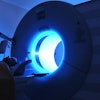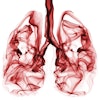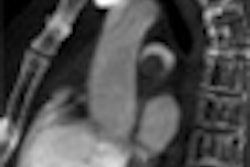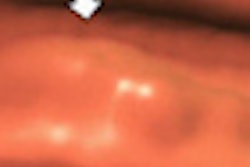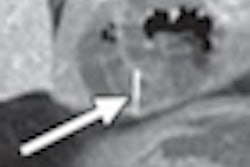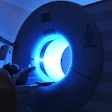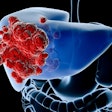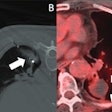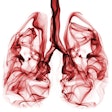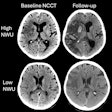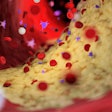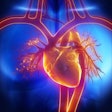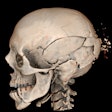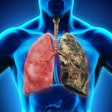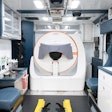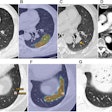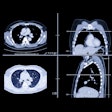Dear CT Insider,
The effects of cocaine abuse on the heart can be a real buzzkill, as emergency doctors know all too well from the large numbers of chest pain patients who show up after indulging.
But physicians in South Carolina and the Netherlands are learning something new: Regular use of the drug appears to be associated with mixed coronary artery plaque rather than calcified or noncalcified lesions at coronary CT angiography (CCTA).
The findings are preliminary, of course, but potentially important as they may offer clues to the increased prevalence of acute coronary syndrome among cocaine users. Get the rest of the story in this issue's Insider Exclusive.
If the problem is acute chest pain, however, CCTA can be counted on to determine -- accurately and fairly cheaply -- if the complaint is related to coronary artery disease.
The latest in a string of positive studies on CCTA, this one from Massachusetts General Hospital in Boston, found that the scans are both accurate and cost-effective for the triage of chest pain patients. Results from the Rule Out Myocardial Infarction/Ischemia Using Computer Assisted Tomography (ROMICAT) II study were presented at the recent American College of Cardiology (ACC) meeting in Chicago.
ACC researchers also reported that patients seeing coronary artery calcium firsthand are more likely to take statins, though the study team cautioned that CT's motivational power may diminish over time.
In the lungs, CT pulmonary angiography (CTPA) remains a hit-and-miss affair, according to another report, since even high-risk, symptomatic patients receive mostly negative results. But according to the same report, CTPA is still a far better use of ionizing radiation than concurrent CT venography of the abdomen and pelvis performed to detect deep vein thrombosis, a job that ultrasound can usually handle with aplomb.
Considering CT's ever-growing list of applications in older people, it's good to know that the risk of secondary cancers remains very low, according to a new report in the Journal of the American College of Radiology that you'll find here.
Finally, we invite you to scroll through the links below for dozens more stories about radiology's go-to modality, right here in your CT Digital Community.
